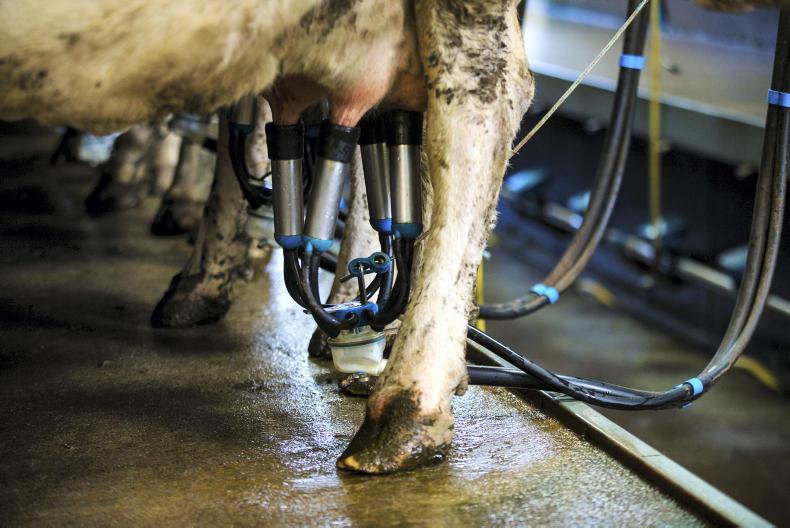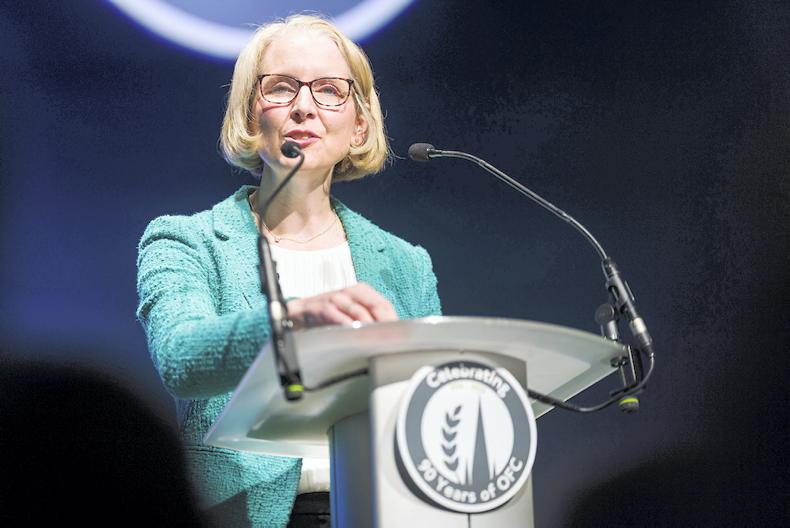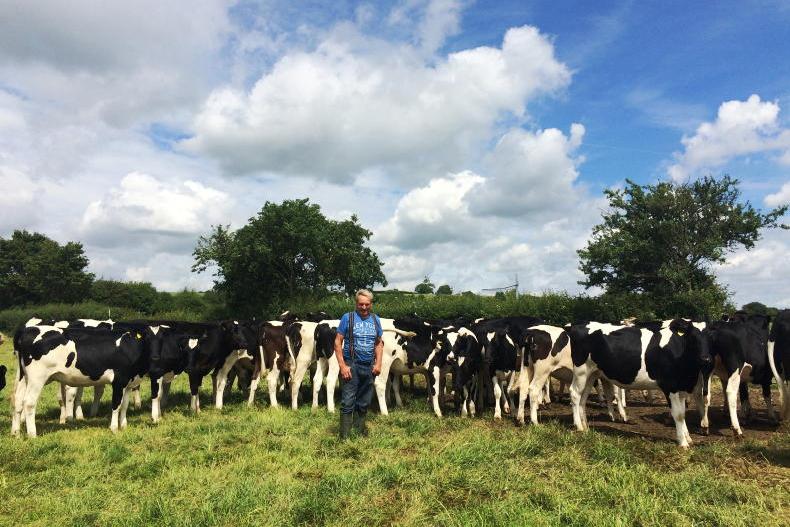A consultation is expected soon on government plans to legislate for compulsory contracts between farmers and milk buyers in the dairy sector.
Earlier this year, Defra in London indicated that it hoped to have the necessary legislation in place before the summer recess towards the end of July. That dates now looks increasingly unlikely, and the initial reaction from industry has been for government not to rush through any legislation.
The proposed move comes in response to a review into the remit of the Grocery Code Adjudicator which concluded in January 2017, with farm lobby organisations arguing that government must do more to protect the position of farmers in the supply chain.
In 2013, the EU introduced legislation which would allow member states to put in place compulsory written contracts for producers across a number of sectors. The initial response to that from the dairy sector was to introduce a voluntary code of practice, drawn up by industry trade body, Dairy UK in conjunction with farming unions. It set out a number of requirements, including giving farmers 30 days’ notice of a falling price, and 30 days’ notice of a change to contract terms.
Some dairy companies signed up to the voluntary code, but many didn’t. In NI, the Ulster Farmers’ Union and Dairy UK agreed their own version of the voluntary code.
Government now intends using the same EU legislation from 2013 as the basis to put in place compulsory contracts between farmers and milk purchasers. The rules are likely to be left to the Rural Payments Agency to enforce. It remains unclear if it will be introduced on a UK wide basis, or left to a devolved administration to put in place. With no government in NI, it might not apply for the time being.
The compulsory contract will have to set out clear terms, including payment procedures, duration of contract, collection arrangements and potentially also give producers a clear indication of price and how this price is calculated.
The implications for NI could be significant, as milk buyers here still price milk retrospectively, as opposed to the situation in Britain where most producers know the price of milk at least one month ahead. There are also a significant number of producers who have chosen not to sign a formal contract with their milk buyer, and are essentially free to leave if and when they so wish. A number of producers have used that flexibility to their advantage in recent years.










SHARING OPTIONS